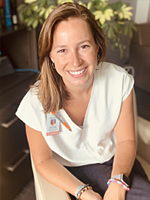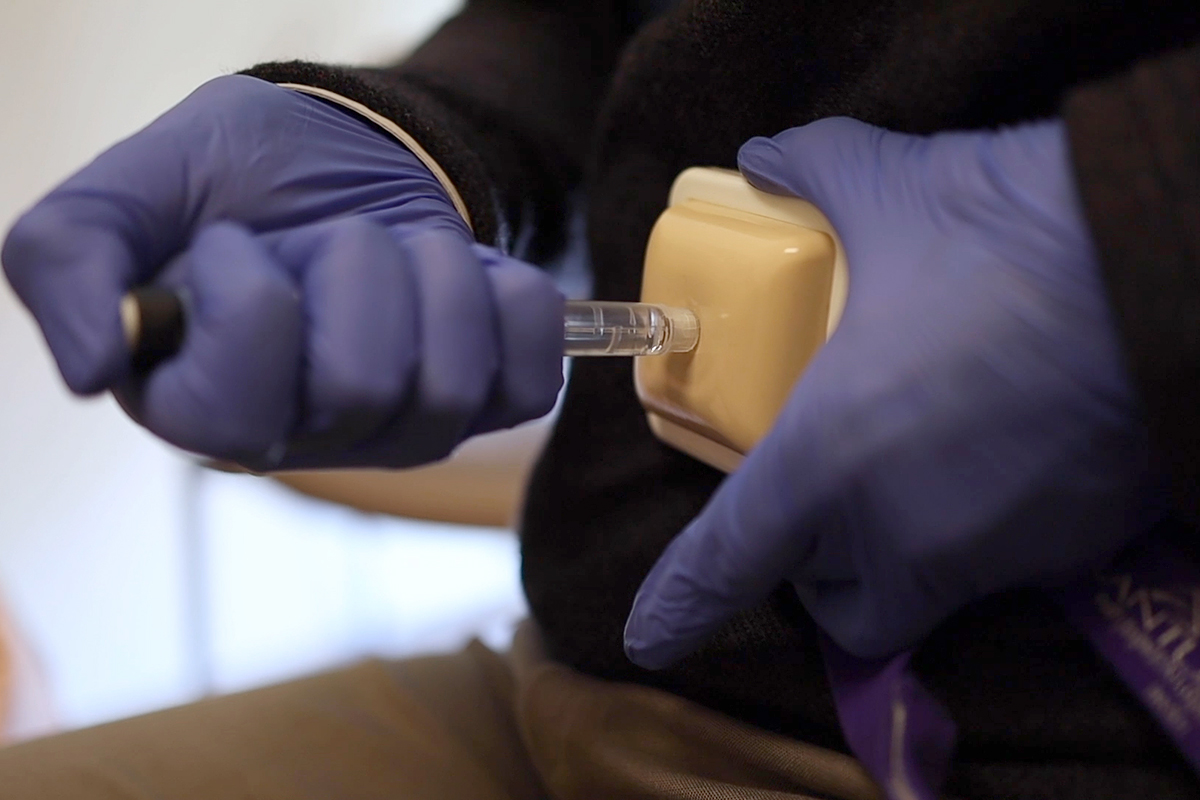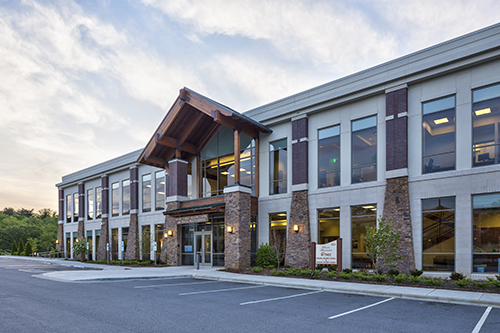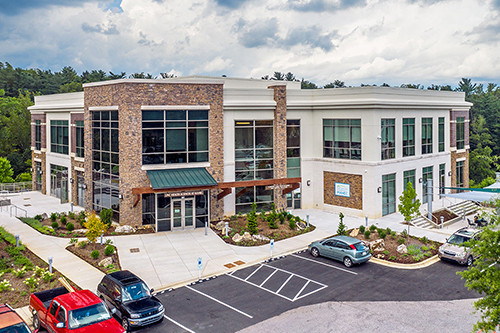
Pharmacy Residency PGY2: Ambulatory Care



This innovative PGY2 in ambulatory care will embed a resident into a medical practice that does not have a clinical pharmacy presence with the goal of creating a sustainable and replicable clinical pharmacy service.
The mission of the PGY2 Ambulatory Care Residency at MAHEC and the UNC Eshelman School of Pharmacy is to provide advanced training for the clinical ambulatory care pharmacist in the areas of comprehensive medication management and interprofessional practice innovation. This residency will create a network of clinical pharmacists adept at infusing sustainable, replicable pharmacotherapy services into the physicians’ office utilizing advanced healthcare models. A strong focus is placed on strengthening leadership skills, research techniques, and pedagogical approaches in order to effectively share models of success with the medical community.
Learn more about clinical pharmacy "in practice" in this news story with PGY2 resident graduate and rural fellow Evan Drake, PharmD, CPP, who has established her ambulatory care practice with Foothills Medical Associates in Columbus, NC.
Status: Post Graduate Year 2 (PGY2) in Ambulatory Care
 Olivia Caron, PharmD, BCACP, CPP
Olivia Caron, PharmD, BCACP, CPPClinical Pharmacist
Program Director, Pharmacy Residency PGY2 Ambulatory Care
Director of Research, Project CARA
MAHEC is committed to inspiring and equipping the next generation of healthcare professionals and expanding access to care for all. Our vision is to create a healthier community in Western North Carolina and beyond.
There are seven components of the residency that occur simultaneously throughout the year.

The residency year is divided into four main blocks. This curriculum is designed to allow the residents to establish and grow their clinical services at their respective Practice Sites while honing their clinical and pedagogical skills.
| Monday | Tuesday | Wednesday | Thursday | Friday | |
|---|---|---|---|---|---|
| AM | Consulting | Practice Site | Practice Site | Academia | Practice Site |
| PM | Continuity Clinic | Health Department Clinic | Admin/Leadership | Health Department Clinic | Practice Site |

Pharmacists are integral members of the care team at MAHEC, including MAHEC's four family health centers, an internal medicine practice, an Ob/Gyn practice, a dental practice, a certified community behavorial health clinic, home-based primary care, and two continuous care retirement communities in Asheville. MAHEC pharmacists provide comprehensive medication management services for needs related to anticoagulation, diabetes, osteoporosis, HIV, hepatitis C, opioid and substance use disorders, safe pain management, transitions of care, and pharmacotherapy for acute and chronic conditions. MAHEC patients see clinical pharmacists for many reasons including insulin titration, managing and accessing medications, device training, and Medicare Annual Wellness Visits. Our practice model has been recognized nationally in numerous publications and presentations.

The UNC Eshelman School of Pharmacy Asheville Campus is located at UNC Health Sciences at MAHEC, which houses programs affiliated with UNC's schools of medicine, public health, and dentistry. All of these programs emphasize care for patients who are historically rural, place-based and rural learning, and interprofessional education and practice. The Asheville Campus has 30 student pharmacists in each cohort, world-class faculty members and researchers, and dedicated student-centered staff members in administration and educational technology. The Asheville Campus partners with MAHEC to offer PGY2 residency programs in ambulatory care and geriatrics and with Mission Health to offer PGY2 residencies in ambulatory care, emergency department, and administration.
The Buncombe County Health Department (BCHD) is located in downtown Asheville, NC, and serves the county in a variety of ways including but not limited to:
BCHD states it’s mission is to “promote and protect the public's health and to assure through community partnerships that all people in Buncombe County have the opportunity to make healthy choices within a healthy environment.” BCHD has one embedded clinical pharmacist who precepts the resident in clinic and via public health projects. To learn more about BCHD, please click here.
Please note that MAHEC does not sponsor a visa, so all international pharmacy graduate applicants must possess a current/valid visa option or other status governed by the U.S. Immigration Regulations to participate in a GME program.
| November and December | Applications may be submitted through PhORCAS |
| January 2nd | Application deadline |
MAHEC does not directly sponsor residents or fellows that need a J-1 Sponsorship VISA. Non-U.S. citizen applicants needing visa sponsorship must secure this directory from the Educational Commission for Foreign Medical Graduates (ECFMG). The ECFMG is authorized by the U.S. Department of State to sponsor foreign national physicians for the J-1 Exchange Visitor visa for the purpose of participating in U.S. programs of graduate medical education or training. ECFMG is designated by the U.S. Department of State as a BridgeUSA sponsor for J-1 exchange visitor physicians enrolled in accredited programs of graduate medical education or training, or advanced research programs (involving primarily observation, consultation, teaching, or research). Although many universities and research institutions in the United States are authorized to sponsor exchange visitors as research scholars, ECFMG is the sole sponsor of J-1 physicians in clinical training programs.
Questions regarding VISA Sponsorship should be directed to the GME office at 828-232-2946 or gme@mahec.net.
